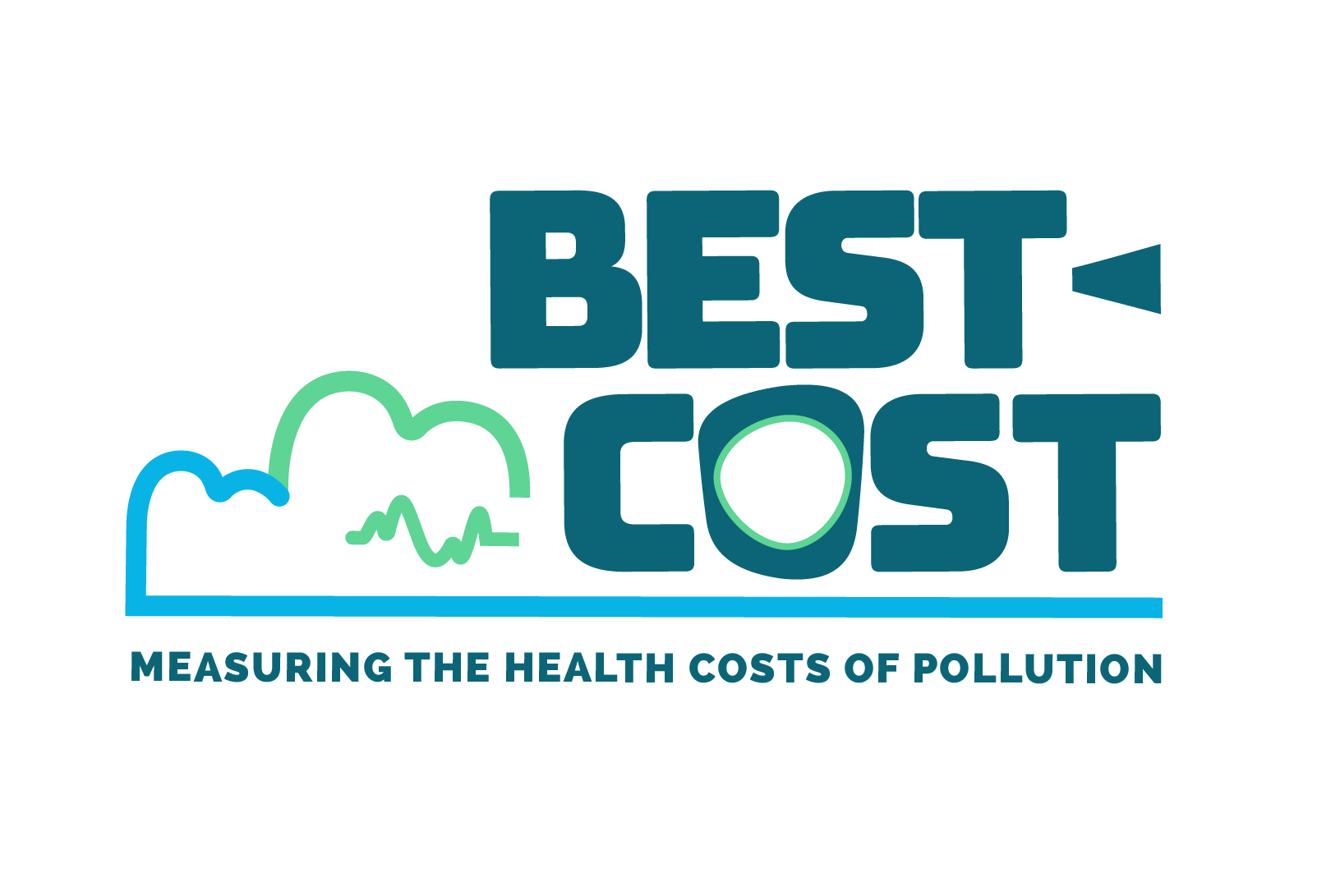BEST-COST - Burden of disease based methods for estimating the socio-economic cost of environmental stressors
Project Abstract
In the BEST-COST project (https://best-cost.eu/), Swiss TPH leads the development of an R package (healthiar) to quantify and monetize health impacts from air pollution, noise and other environmental stressors. The R package is open-source and can be downloaded from CRAN. For more information please see the package website: swisstph.github.io/healthiar/. The package GitHub page can be accessed here: https://github.com/SwissTPH/healthiar.
Description of BEST-COST project: The outdoor environment has a significant impact on our health and wellbeing. The European Green Deal has introduced the ambitious commitment to a ‘Zero-Pollution Action Plan for air, water, and soil’ to protect humans and the environment.
The overall objective of BEST-COST is to improve methodologies for the socio-economic cost assessment of environmental stressors to i) enhance regular usage of economic and health modelling in policy impact assessments and policy evaluation; and ii) promote harmonised and consensus metrics for integrative socio-economic assessments of environmental stressors in Europe. BEST-COST will develop an improved and consensual burden of disease (BOD) framework for estimating the health impact of environmental stressors, with a focus on air pollution and noise and their interactions; an improved and consensual methodology for monetization of BOD estimates of environmental stressors; and a coherent methodological framework for assessing social inequalities in the socioeconomic cost of environmental stressors. The methods will be co-developed with key stakeholders, made available as open access tools, and trialled in different EU countries. To ensure sustainability, transferability of the knowledge and methods developed by BEST-COST to other countries and stressors will be established.
The BEST-COST consortium consists of 17 organisations from 10 EU countries and the USA. The consortium bridges the expertise from the Global Burden of Disease study, via the inclusion of IHME and key GBD collaborators, with that of national BOD studies, and will translate this expertise to EU agencies.
Co Applicant(s)

